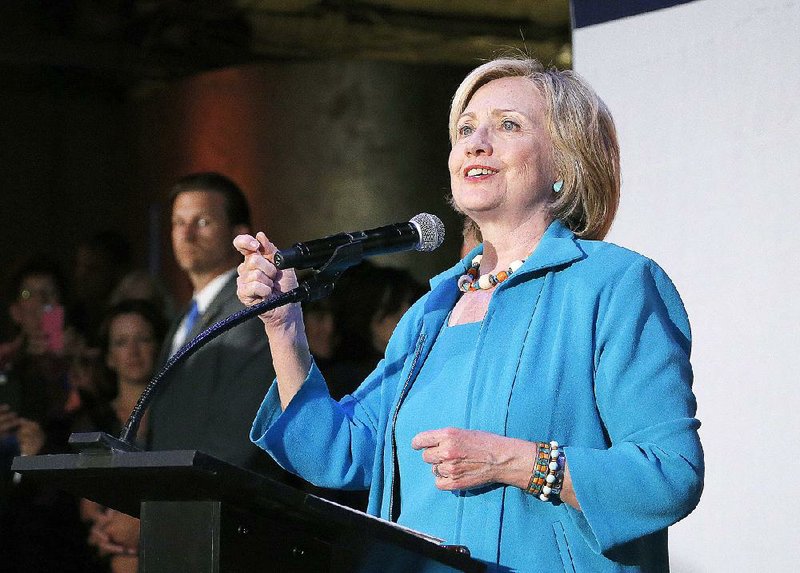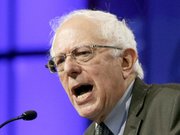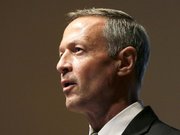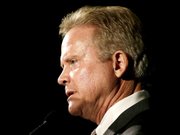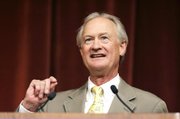WASHINGTON -- The Democratic National Committee on Thursday announced its schedule for six presidential debates, which will begin in October and continue through February or March, with one debate in each of the four early primary and caucus states, plus one in Miami and another in Wisconsin.
Former Secretary of State Hillary Rodham Clinton is supportive of the calendar. Other candidates -- most notably Sen. Bernie Sanders of Vermont and former Maryland Gov. Martin O'Malley -- are pushing for more official forums to get more attention from voters and the media.
As it stands, the first Democratic forum will be Oct. 13 in Nevada, co-hosted by CNN and the state's Democratic Party, followed by a Nov. 14 debate in Des Moines, Iowa, hosted by CBS, KCCI-TV, and The Des Moines Register.
The party's next debate will be Dec. 19 in Manchester, N.H., hosted by ABC and WMUR-TV. The South Carolina debate will be Jan. 17 in Charleston, hosted by NBC and the Congressional Black Caucus Institute. The final two Democratic debates will be held in February or March, one in Miami hosted by Univision and The Washington Post, and the other in Wisconsin hosted by PBS.
So far, Clinton, Sanders, O'Malley, former Sen. Jim Webb of Virginia and former Rhode Island Gov. Lincoln Chafee are scheduled to participate in the officially sanctioned forums.
"These six debates will not only give caucus goers and primary voters ample opportunity to hear from our candidates about their vision for our country's future, they will highlight the clear contrast between the values of the Democratic Party which is focused on strengthening the middle class versus Republicans who want to pursue out of touch and out of date policies," Rep. Debbie Wasserman Schultz, the DNC chairman, said in a statement announcing the lineup.
Clinton's campaign has lent public support to the six-debate schedule.
"As she has noted in the past, Hillary Clinton is looking forward to joining her fellow Democratic candidates in the upcoming DNC-sanctioned debates," spokesman Jesse Ferguson said in a statement.
Sanders said in a statement Thursday that he is "disappointed, but not surprised, by the debate schedule announced by the Democratic National Committee."
"At a time when many Americans are demoralized about politics and have given up on the political process, I think it's imperative that we have as many debates as possible -- certainly more than six. I look forward to working with the DNC to see if we can significantly expand the proposed debate schedule," he said.
O'Malley's team aggressively voiced its dismay with the calendar.
"The DNC has no place determining how many times voters in early states can hear from presidential candidates, and what's ironic is that their schedule has made this process much LESS democratic," O'Malley senior strategist Bill Hyers said in an email to supporters.
A Section on 08/07/2015

